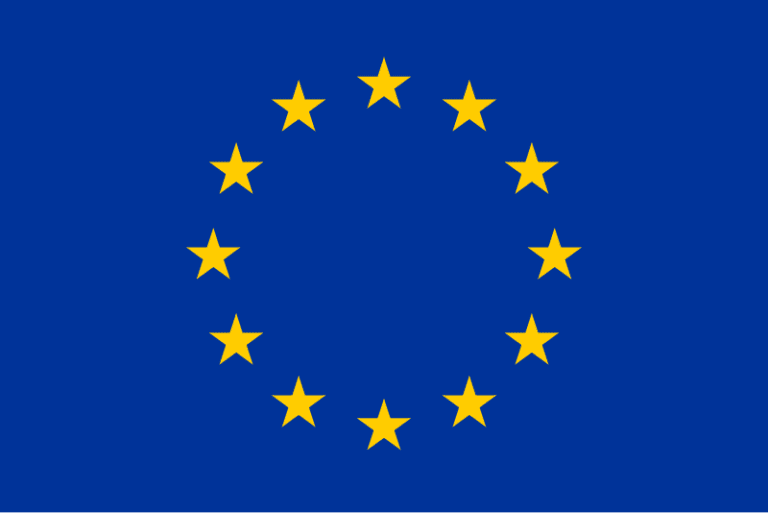In 2024, the European Commission introduces sweeping changes to the Union Customs Code (UCC) through Delegated Regulation 2024/249. These changes aim to modernize EU customs operations, harmonize rules across Member States, and simplify compliance for businesses. The regulation highlights the EU’s ambition to lead global trade efficiency by embracing digital transformation and streamlining complex procedures.
This comprehensive guide breaks down the updates and their broader implications for businesses, industries, and global trade.
What’s New in the 2024 UCC Updates?
The 2024 amendments focus on key areas to modernize customs systems and ensure harmonization:
- Digital Systems Overhaul
- Upgraded Customs Decisions System (CDS): Faster approvals and data sharing across Member States.
- Guarantee Management System (GUM): Improved tracking of guarantees for customs transactions.
- Simplified Documentation Requirements
- Consolidation of transit documents such as the Transit Accompanying Document (TAD) into fewer forms reduces redundancy.
- Businesses will also face fewer data fields in routine customs filings.
- Standardized Data Requirements
- Annexes A, B, and 12-01 were updated to unify data submission processes across the EU.
- Economic operators will now need to provide more detailed information, including geographical coverage and VAT identifiers.
- Phased Rollout Timeline
- March 2024: Preliminary updates begin.
- March 2025: Full operational upgrades rolled out.
- December 2026: Final refinements and all updates complete.
Impacts on Key Industries
The amendments touch every sector engaged in EU trade, with notable benefits and adjustments:
- Logistics & Freight:
Faster clearances at customs and digital declarations will reduce delays at ports. For freight companies, integrating IT systems with customs frameworks will be critical. - E-Commerce:
Simplified filings and unified rules will help online sellers manage cross-border trade more easily, especially for SMEs entering EU markets. - Manufacturing & Supply Chains:
Enhanced traceability in origin rules ensures compliance with sustainability goals and global trade norms.
Global Context: What the UCC Updates Mean for Trade Partners
The updates are not only relevant to EU-based businesses. International trade partners, especially those in regions heavily reliant on EU markets (e.g., Asia, Africa, and North America), must ensure compliance with updated customs requirements.
For example:
- An exporter from Japan will benefit from faster approval times under CDS but must adapt its IT systems to align with the EU’s new data formats.
- Non-EU logistics firms may see improved transit efficiency but will need to train their teams to handle consolidated documentation.
Expert Insights
Industry professionals and policymakers are optimistic about the changes:
“The UCC updates represent a shift toward greater efficiency and transparency. By digitalizing customs processes, the EU ensures that businesses—large and small—can compete effectively in a globalized economy,” says Jean-Claude Dubois, a senior customs official.
However, experts warn that the phased rollout may present challenges for businesses unprepared to integrate digital systems or adapt to stricter compliance measures.
Preparing for the Future
To stay ahead of the changes, businesses should focus on:
- Upgrading Systems: Invest in IT solutions compatible with CDS and GUM.
- Staff Training: Equip teams with knowledge about the new rules and documentation.
- Collaborating with Authorities: Maintain open communication with customs offices for guidance on implementation.
Why This Matters for the Global Economy
The UCC amendments reflect the EU’s broader strategy to position itself as a leader in sustainable and transparent global trade. By prioritizing harmonization and digital efficiency, the changes signal a future where international businesses can rely on streamlined, predictable, and secure trade processes.
For businesses worldwide, these updates are not just a challenge to overcome but an opportunity to adapt, modernize, and thrive in a competitive landscape.
For further details, clarification, contributions or any concerns regarding this article, please feel free to reach out to us at editorial@tax.news. We value your feedback and are committed to providing accurate and timely information. Please note that all inquiries will be handled in accordance with our privacy policy



